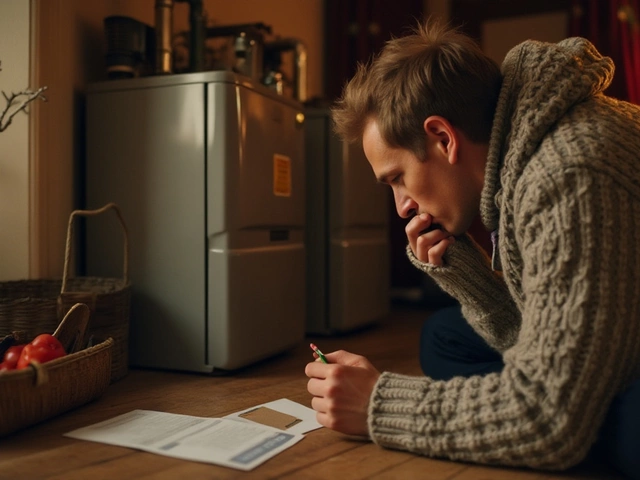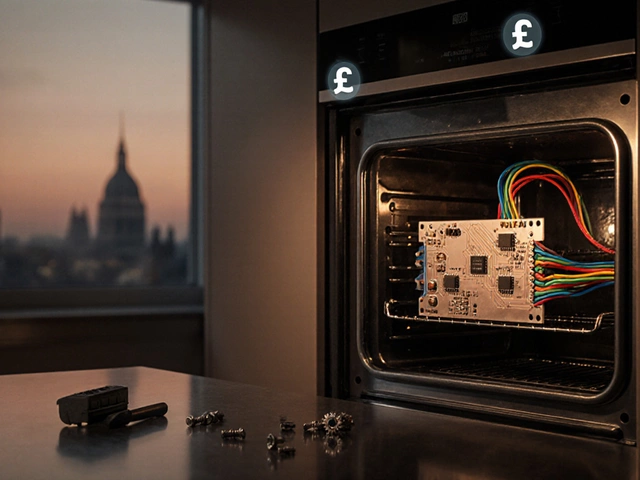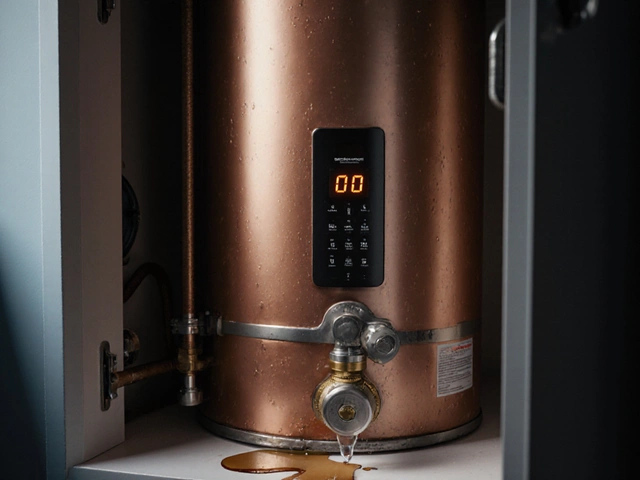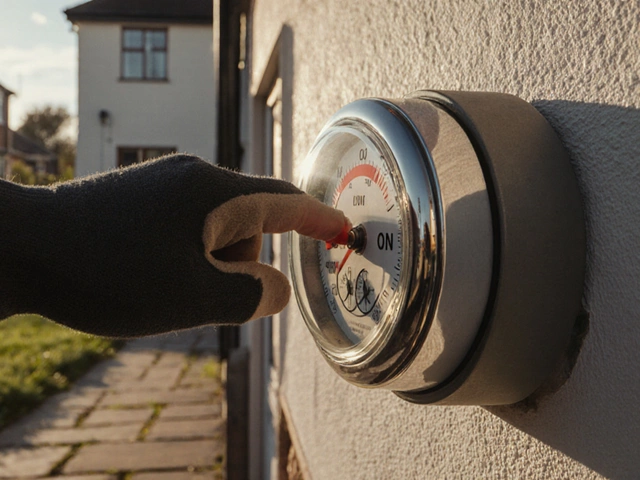Is your air conditioner blowing warm air instead of a cool breeze? You’re not alone. Most homeowners hit a cooling snag at least once a year, and the good news is many of the common problems are easy to spot and fix.
Before you grab the phone, grab a flashlight and take a quick look around. A clean filter, the right thermostat setting, and a clear outdoor unit can solve 70% of cooling complaints. Let’s walk through the most frequent culprits and the steps you can do yourself.
1. Filter: A clogged filter restricts airflow, making the unit work harder and blowing warm air. Turn off the AC, remove the filter, and if it’s dusty, rinse it with water or replace it. A fresh filter can restore proper cooling in minutes.
2. Thermostat Settings: Double‑check that the thermostat is set to “cool” and the temperature is lower than the room’s current temp. Some people forget they switched it to “fan only” during a power outage.
3. Power Switches: Make sure the indoor unit’s circuit breaker hasn’t tripped and the outdoor disconnect switch is on. A simple reset can bring the system back online.
4. Outdoor Unit (Condenser) Blockage: Leaves, dirt, or debris can blanket the condenser coils. Clear a two‑foot radius around the unit, gently brush off any grime, and spray a coil cleaner if you have it. A clean coil transfers heat more efficiently, which usually fixes the warm‑air symptom.
5. Fan Problems: Both the indoor blower fan and the outdoor fan must spin. Listen for a humming sound. If the indoor fan isn’t moving air, the motor capacitor might be bad. Replacing a capacitor is a quick DIY fix if you’re comfortable with a screwdriver and a multimeter.
6. Refrigerant Leak: Low refrigerant means the AC can’t absorb heat. You might notice ice on the evaporator coil or hissing sounds. Leaks need a qualified technician to locate and repair, then recharge the system. This is one of those cases where calling a pro is safest.
7. Drain Line Clog: A blocked drain can trigger an automatic shut‑off. Locate the drain pipe (usually a PVC line near the indoor unit) and pour a cup of bleach followed by hot water to clear any slime.
8. Electrical Issues: Loose wiring or a faulty control board can stop the compressor from kicking in. If you see burnt smells or see sparking, turn the power off and call an electrician or HVAC specialist right away.
While many of these steps are DIY‑friendly, always prioritize safety. If you’re unsure about handling electricity or refrigerant, it’s better to let a licensed professional take over.
Regular maintenance can stop most AC cooling issues before they start. Change filters every 1–3 months, keep the outdoor unit clear of foliage, and schedule a professional tune‑up before the hottest season arrives.
Bottom line: start with the filter, thermostat, and power checks. If those don’t solve the problem, move on to cleaning the condenser, inspecting fans, and checking the drain line. Anything involving refrigerant or major electrical work? Call Bognor Regis Appliance Repair Experts – we’ll get your home cool again fast and right.

Is your heat pump running but not cooling your home? Learn the real causes, expert troubleshooting tips, and practical solutions to get your comfort back.

When facing a broken boiler, many homeowners find themselves debating the merits of repairing versus replacing. Considering factors like costs, age of the boiler, frequency of issues, and energy efficiency can help make an informed decision. Exploring repair benefits as a cost-saving solution might be worthwhile for some, while others may find replacement offers better long-term advantages. Understanding your system's specific needs ensures optimal performance during the colder months.

Learn the typical UK price for an oven control board, factors that affect cost, DIY steps, and when to call a professional in 2025.

Spot the top warning signs of a failing hot water heater, from strange noises and leaks to temperature swings and error codes, plus practical fixes and when to call a pro.

Fixing an extractor fan can be a straightforward process if approached with the right tools and knowledge. This article delves into various factors affecting repair time, common issues encountered, necessary tools, and preventive tips to maintain optimal performance. Readers will discover useful advice on diagnosing problems and learn how to efficiently address and resolve them, ensuring a smooth and fresh airflow in kitchens and bathrooms.

Learn why all your gas appliances might stop working, how to safely troubleshoot common issues, and when to call a Gas Safe engineer.